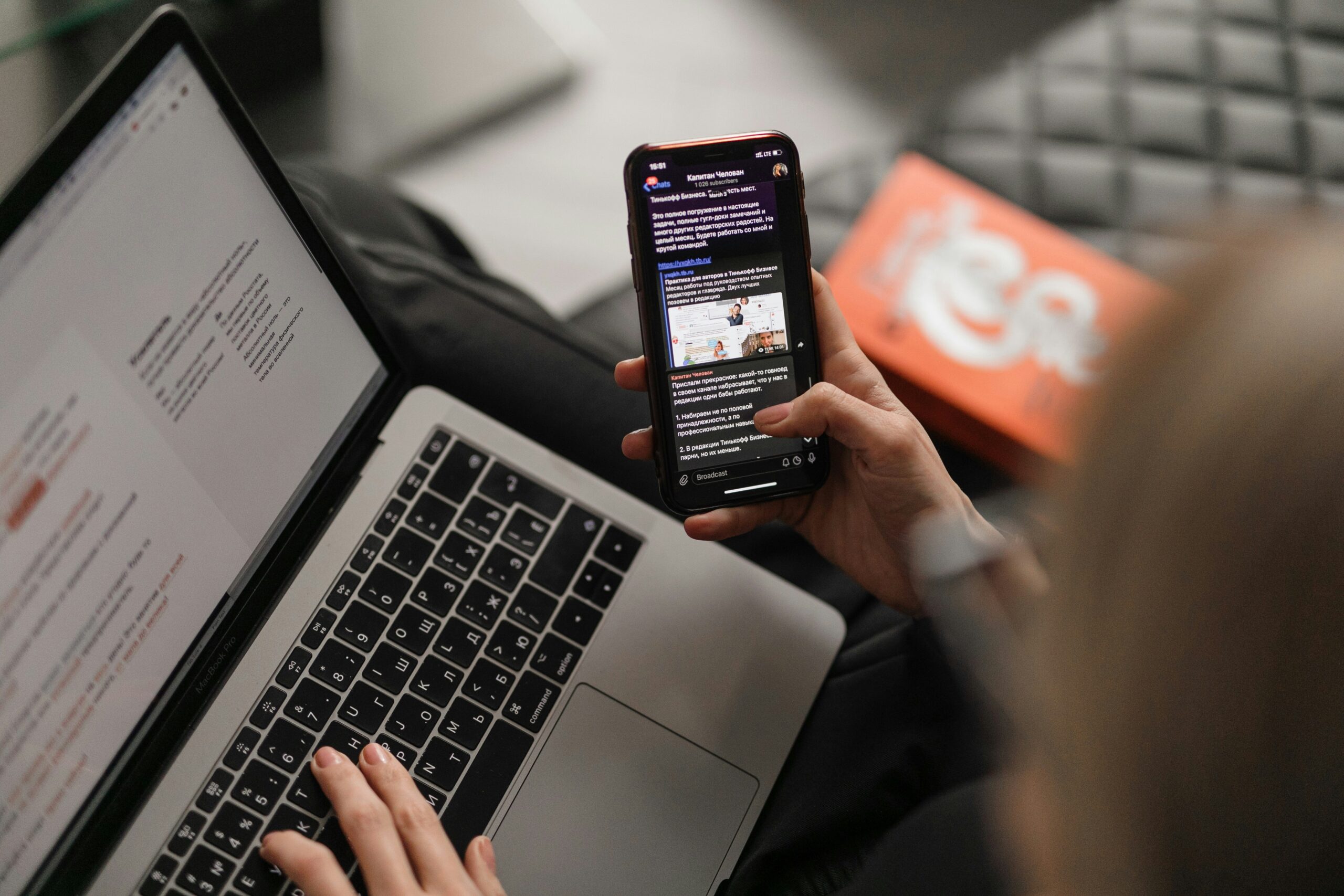I hope your summers are off to a good start! July is such a fun month for us. We recently celebrated our 15th wedding anniversary on July 3rd, and then jumped right into the festivities of the 4th of July. But the highlight was definitely July 5th—our daughter Ashton turned 6!
To top it off, Jeff and I officiated the wedding of a couple who are really special to us. We’ve done a handful of weddings together now—Jeff is the wordsmith and poet, and it’s so special to share this together. It’s one of my favorite things.
Alright, let’s get real for a moment. In our quest to conquer the world, manage our careers, and keep our lives running like well-oiled machines, it’s easy to overlook some sneaky habits that might be fueling our anxiety. In this post, we’ll explore hidden triggers that can worsen anxiety, backed by the latest neuroscience and psychology insights.
3 Habits That Are Making Your Anxiety Worse
1. What You’re Drinking & What You’re Not Drinking
Caffeine: We all love that coffee boost, but timing and quantity of a habit matter. While caffeine can enhance alertness, it also stimulates the central nervous system, potentially increasing heart rate, blood pressure, and even anxiety. Here’s how to manage it better:
- Swap Your First Drink: Try starting your day with something other than coffee. I began drinking Happy Juice first thing in the morning and have my coffee with breakfast about 30 minutes later. This small change has significantly reduced my morning anxiety.
- Monitor Your Intake: Keep track of how your body responds to caffeine. A journal can help you note any anxiety-related changes.
- Create a Sleep-Friendly Routine: Limit caffeine in the afternoon and evening to avoid sleep disruptions. Poor sleep quality can elevate anxiety and stress.
Alcohol: While alcohol might help you relax temporarily, it can worsen anxiety over time. Alcohol disrupts neurotransmitters like serotonin and GABA, which are crucial for mood regulation. Here’s how to handle alcohol:
- Moderation: Stick to one standard drink per day. Enjoy it with dinner to allow time for metabolism before bed.
- Awareness: Reflect on your relationship with alcohol. If you’re using it to relax, consider other ways to unwind, like reading a book or taking a bath.
Water: Dehydration can affect your hormone and neurotransmitter balance, including cortisol levels, exacerbating anxiety. Staying hydrated supports serotonin production, which is essential for mood regulation. Consider supplements like Happy Juice to ensure your gut health supports serotonin production.
2. News & Social Media
News: With election season upon us, the constant barrage of negative news can keep your brain in a state of heightened alertness, increasing anxiety. This is due to the brain’s negativity bias and the overactivity of the amygdala, the brain’s fear center.
- Limit Exposure: Be selective about the news you consume. Set specific times to catch up on news rather than a continuous stream.
- Perspective Check: Remember that not all news reflects your immediate reality. Balance negative news with positive or neutral information.
Social Media: The fear of missing out (FOMO) and comparing your life to others can trigger anxiety. Information overload can also lead to decision fatigue, impacting your ability to cope with daily stressors.
- Set Boundaries: Limit your time on social media. Choose specific times of the day to check in.
- Curate Your Feed: Follow accounts that uplift and inspire you rather than those that increase stress or comparison.
3. Your Addiction to Busyness
Chronic Busyness: Always being busy can keep your stress response activated, increasing cortisol and adrenaline levels. This can lead to an overactive amygdala and a suppressed prefrontal cortex, which affects decision-making and emotional regulation.
- Set Boundaries: Learn to say no and prioritize tasks that truly matter.
- Schedule Downtime: Regular breaks and relaxation periods are crucial. Make sure to include activities you enjoy and that help you unwind.
Sneaky Habits You Might Not Realize You’re Doing
Have you been wondering why your anxiety isn’t getting better? Here are some additional habits that can make it worse:
- Spending time with anxiety-inducing friends
- Ignoring your anxiety
- Believing your anxious thoughts without questioning them
- Skipping meals
- Avoiding what makes you anxious
- Skipping meds or taking them incorrectly
- Googling symptoms excessively
I’m not saying you have to give these up entirely. Just be aware of what exacerbates your anxiety and try to reduce those triggers. Remember, small changes can lead to significant improvements in your mental and emotional well-being. You’ve got this!
If you found these tips helpful, stay tuned for more insights and practical advice to help you live a vibrant, anxiety-free life. And if you’re curious about Happy Juice and how it can support your mood and energy levels, check out the link in the show notes for extra savings.
Have a question you’d love Michelle to answer on the podcast? “Ask Michelle a Question.” Click this link, record your message, hit send, and I’ll answer it in a future episode!

+ show Comments
- Hide Comments
add a comment